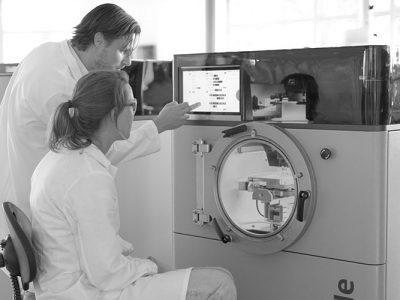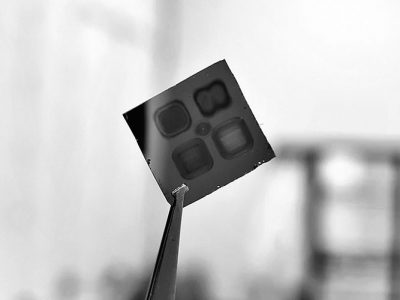Accelerating electrocatalyst synthesis and composition screening via spark ablation
Developing new and more efficient electrocatalysts is an essential step to securing a sustainable future powered by clean and renewable energy. However, while classical heterogeneous catalysts owe their widespread industrial adoption to over 150 years of research and incremental improvements, electrocatalysis has only recently become a rapidly growing field and the focus of an increasing number of pioneering research groups.
A major driving force for this electrocatalysis boom is the wide-ranging applications in which electrocatalysts are employed, and the need to screen a vast array of potential material compositions to obtain novel electrocatalysts that are highly active, stable, low-cost and industrially scalable.
The energy transition and the need to efficiently store renewable energy has made the need for effective electrocatalysts increasingly urgent. To meet this growing need, researchers require lab scale tools that easily and rapidly prepare a wide range of novel electrocatalysts.
VSParticle developed the VSP-G1 nanoparticle generator using spark ablation technology to facilitate the production of nanomaterials. In this webinar, VSParticle will present its technology and highlight how this innovative method can help accelerate electrocatalysis research.
VSParticle’s flexible and modular product line enables scientists to deposit a wide variety of metallic nanoparticles on common substrates to rapidly produce electrocatalysts. In addition, VSParticle will demonstrate how its latest products can be used to screen bimetallic and ternary electrocatalytic systems to empower researchers to develop the optimal electrocatalysts at the heart of tomorrow’s energy industry.





